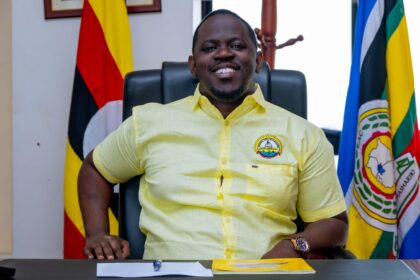South Africa schools will soon start teaching Swahili in a move to promote greater social cohesion among Africans as well as offer more opportunities to the language speaking people specifically from East African countries.
According to www.dw.com, the South African Minister of Basic Education, Angie Motshekga said there are currently 15 non-official languages listed in the national curriculum statement as optional subjects,” she told Sowetan Live, “These include French, German and Mandarin. There is unfortunately no African language in the list.”
Until now, that is. Swahili — like Zulu and many other South African languages — is an agglutinating language and shares many similar features in terms of word formation and grammatical structure. The exact number of Swahili speakers is unknown, but it is often accepted as one of the most widely spoken languages in Africa and is commonly used in Kenya, Rwanda, the Democratic Republic of Congo (DRC), Uganda and Tanzania.
Those who support the move hope Swahili will gain further ground on the continent and even become a new lingua franca for Africans.
South African politician and leader of the Economic Freedom Fighters (EFF), Julius Malema, recently called for Swahili to become Africa’s common language. Though the reaction to his comments was mixed, many seemed to agree with his message.
“Swahili has the power to expand to countries that never spoke it and it has the power to bring Africans together,” Malema said. “It is also one of the official languages of the African Union. We are confident that the teaching of Swahili in South African schools will help to promote social cohesion with our fellow Africans.”
But with the roll-out date set for 2020, Motshekga warns that the plan will not come easy — or cheap.
“It’s going to require a number of things to be put in place, the time allocation to curriculum, the resourcing — but also mainly the training,” she said.
Do you have a story in your community or an opinion to share with us: Email us at Submit an Article






